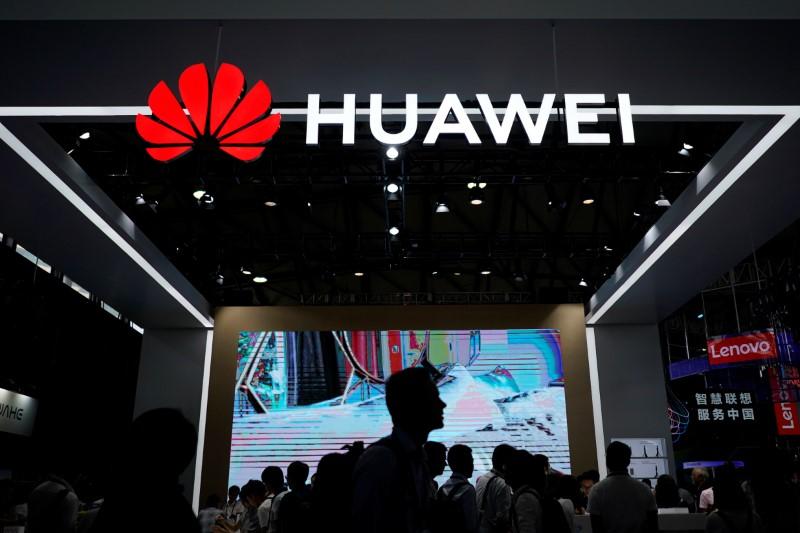SYDNEY—The chairman of China’s telecom firm Huawei Technologies Co Ltd’s Australian office said on June 27 that the company’s network equipment is “safe and secure,” ramping up the company’s public lobbying against concerns that its links to the Chinese Communist Party’s intelligence services pose a security risk.
Australia is likely to bar Huawei from participating in a 5G mobile telecommunications roll-out as it fears the company is de facto controlled by Beijing and sensitive infrastructure will be vulnerable to eavesdropping, according to Australian media reports.





